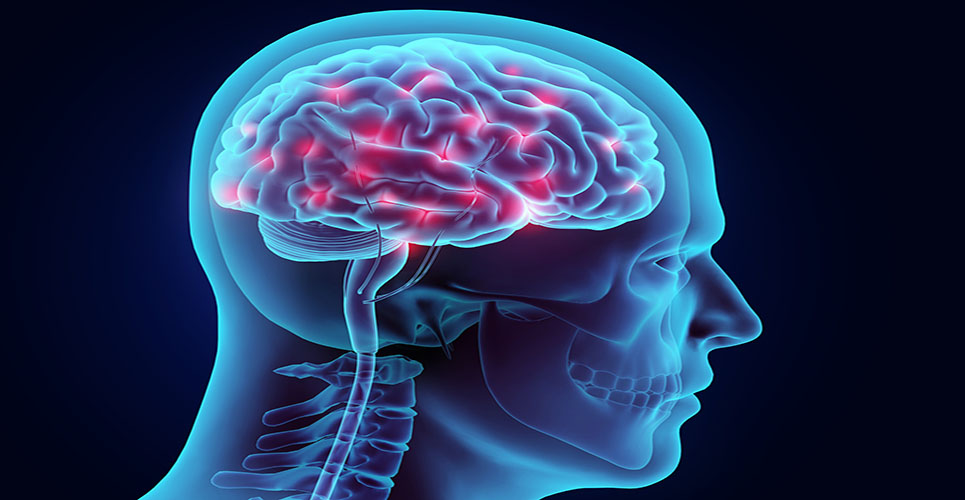teaser
Affiris’ Alzheimer’s vaccine candidate AD02 showed promising results in a Phase I clinical trial.
Analysis of data from secondary clinical endpoints have followed the beginning of a Phase II trial in December.
AFFiRiS AG previously announced that their Alzheimer vaccine candidate AD02 met the primary endpoints of phase I clinical testing by demonstrating safety and tolerability.
Twenty-four subjects were vaccinated, 12 received the vaccine with an adjuvant and 12 without an adjuvant.
The recently completed analysis from this study of secondary clinical endpoints of AD02 based treatment – regarding cognitive performance of the subjects, body weight development and vaccine induced immune responses – suggests evidence for potential disease modifying activity of this vaccine candidate.
Chief Executive Officer and co-founder of AFFiRiS, Dr. Walter Schmidt, commented: “We really observed some positive results from this phase I trial.
“Most important was the stabilisation of the cognitive capabilities of nine out of 12 subjects treated with the adjuvanted AD02 formulation over the complete observation period of 18 months.
“During the clinical trial all adverse events were mild to moderate in nature, like pain at the injection site and itching.”
These Phase I results indicated a surprisingly robust and persistent stabilisation of the cognitive functions.
The subjects’ cognitive decline did not occur as expected from the natural course of disease. Furthermore, a boost vaccination was applied and the positive trend was prolonged.
The obtained disease stabilisations were related to the subjects’ mini mental state examination (MMSE) values at study entry.
It became evident that patients with a MMSE score of 20 and above were found to have stable scores at the end of the study, while this could not be observed for the study participants with an entry score below 20.
These results were further supported by findings from the development of the body weight of the subjects.
This is a potential biomarker that has hardly been considered in clinical studies in the past.
Typically, Alzheimer patients lose weight during the course of their disease. Their sense of taste might be disturbed or they might just simply forget to eat. In contrast, patients treated with adjuvanted AD02 experienced a stabilisation of their body weight.
Finally, the analysis of the immunological data regarding antibody titres induced upon vaccination further supported the possible correlation between AD02-based vaccination and the observed stabilisation of cognitive functions.
Dr. Walter Schmidt added: “It is important to keep in mind that the promising Phase I data with AD02 have been observed in a relatively small cohort of 24 subjects only. This is a normal number of subjects to be treated in phase I studies to demonstrate safety and tolerability; however, this number is typically too small to draw significant conclusions based on broad statistical significance.
“We are aware of this situation and we are cautious to make sure not to overestimate or overinterpret our positive findings.
“Our actively ongoing phase II study is designed to further investigate and reproduce the experienced observed positive trends with a cohort of several hundred Alzheimer subjects to meet the respective clinical and statistical significance.”
